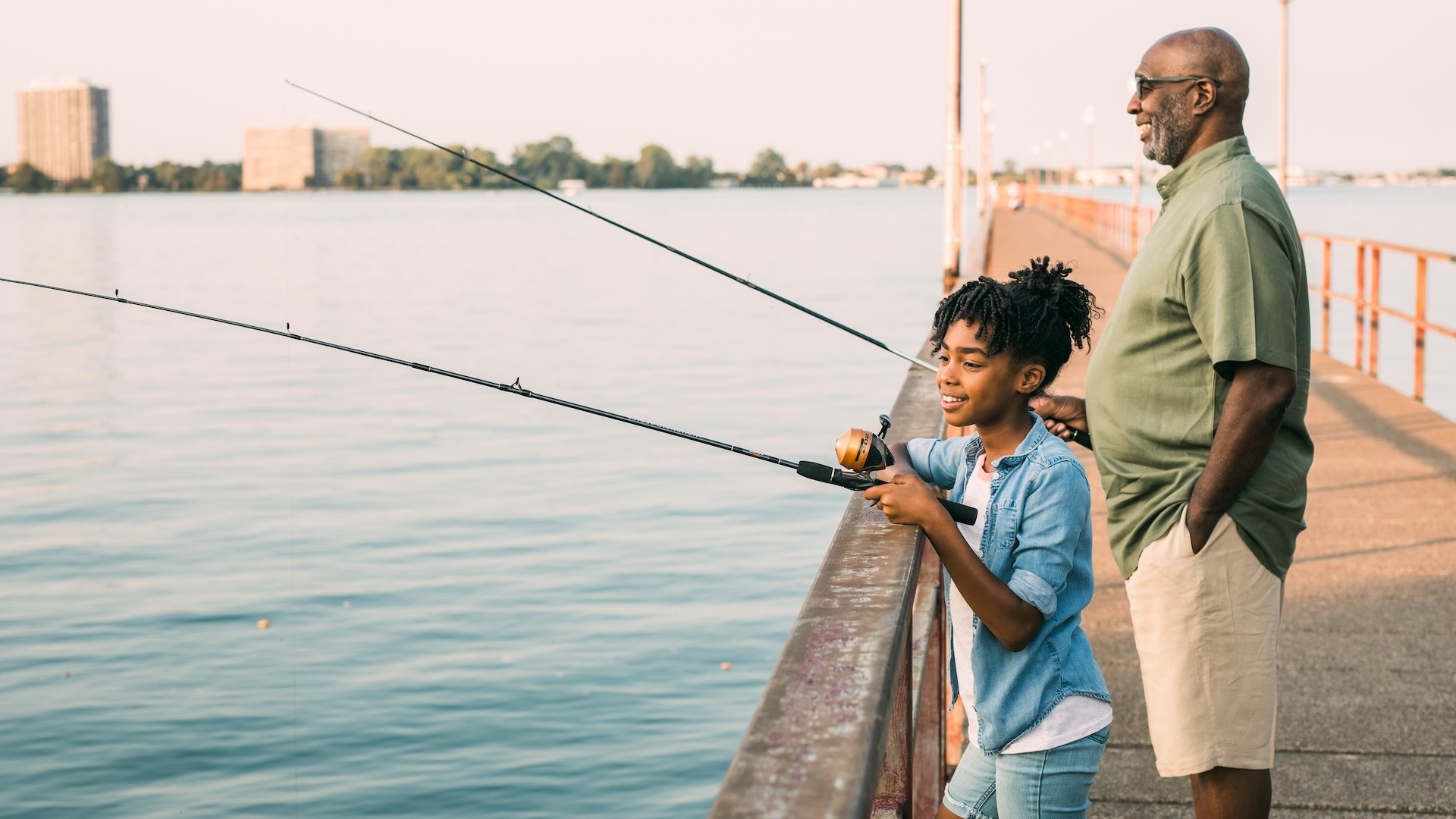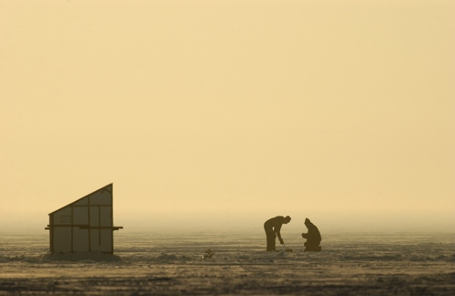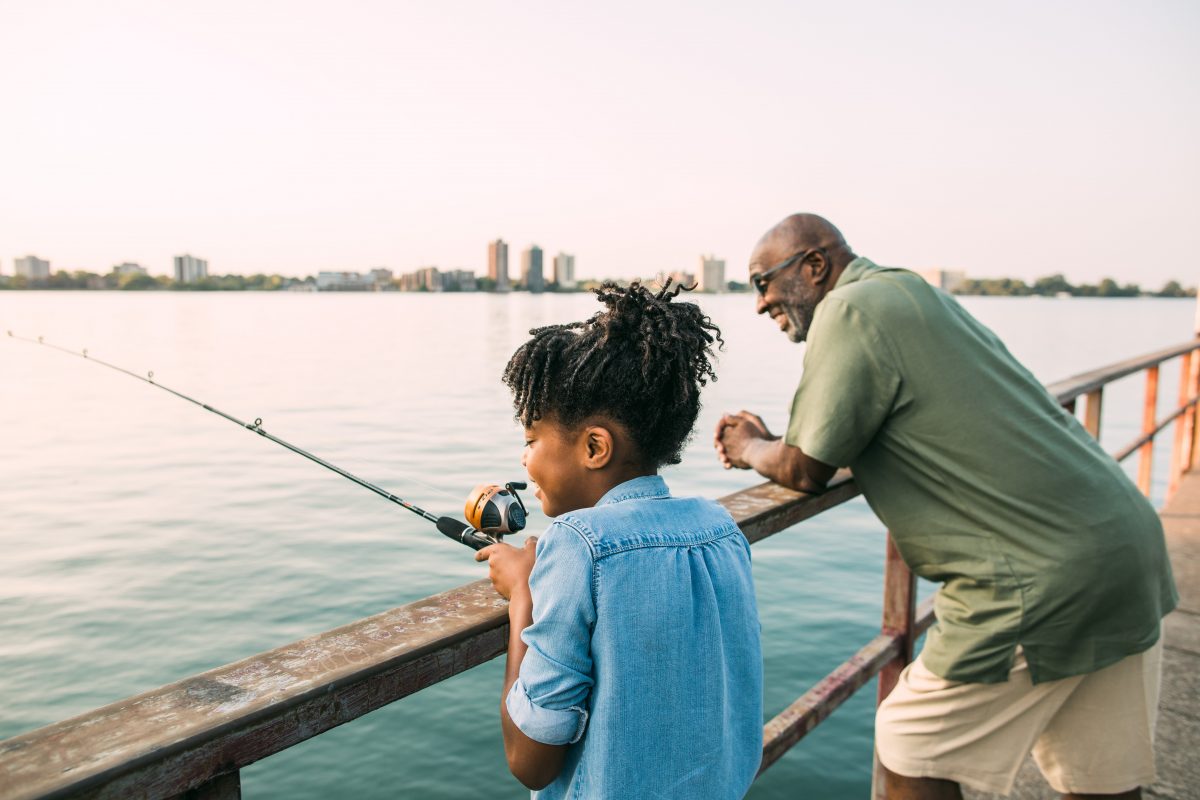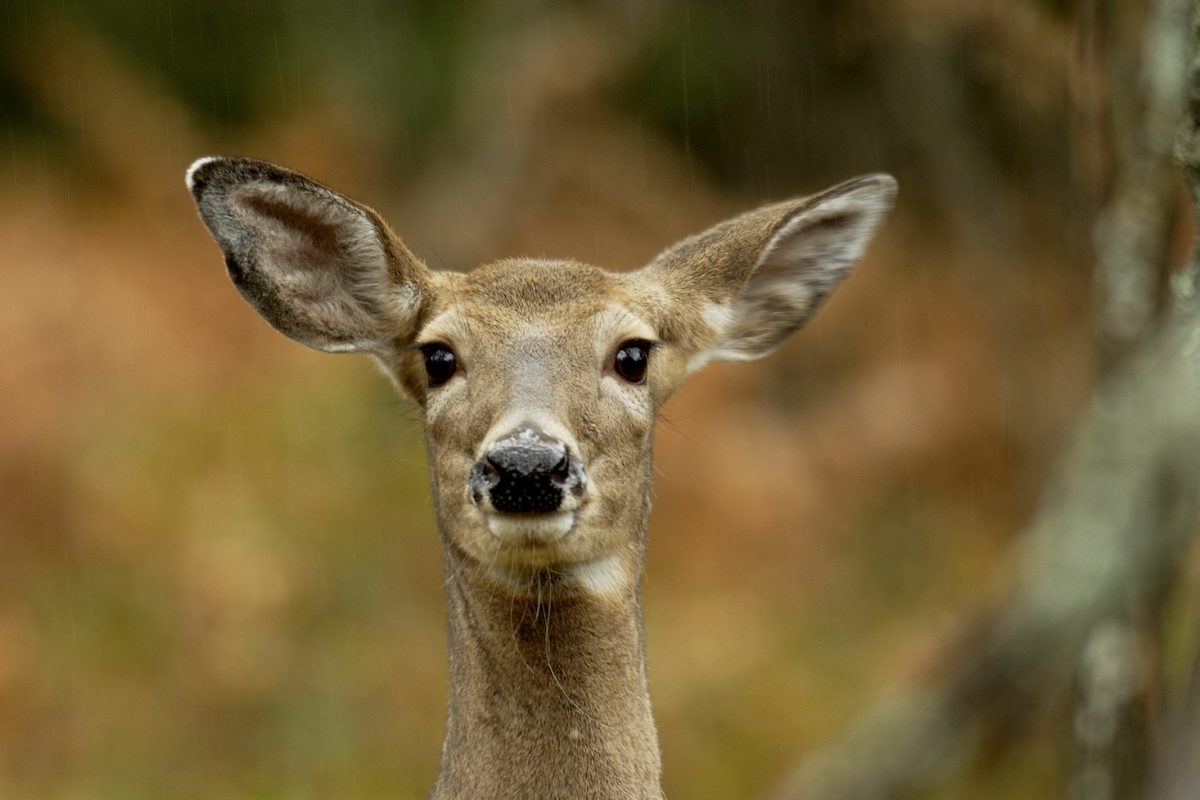Fishing vital to wildlife and natural resources management work
LANSING — Preteens and teenagers are casting fishing lines in Michigan’s lakes and rivers in record numbers, and state officials hope those numbers will grow even bigger with encouragement from Michigan’s annual Free Fishing Weekend, which took place June 8-9.
While anglers younger than 17 are not required to purchase a fishing license, they may do so voluntarily for just $2 — and in 2023 the number who did was off the hook. This is positive news, especially because those dollars go to conservation, wildlife management and habitat restoration.
Young people ages 10-16 accounted for the largest percentage jump by far of anglers purchasing licenses for the first time with 8,029 new licenses sold, up more than 25% over the 2022 numbers in that age group. Combined with sales to young adults 17-24 — who are required to purchase a license — the numbers seem to bode well for the future of fishing enthusiasts and conservation work in Michigan.
In that age group, there were 135,785 people who bought licenses in 2023. Overall, Michigan residents and visitors purchased 1,298,200 state fishing licenses in 2023, with 252,858 being first-time buyers.
“That’s great news for fishing and even better news for conservation, habitat restoration and Michigan’s environmental well-being,” said Michigan Wildlife Council Chairman Nick Buggia. “Not only that, but fishing is a fantastic way to spend time and share experiences in the outdoors and on the water with your family and friends.”
Buggia and other conservationists often point to events like Free Fishing Weekend as vital to attracting a new generation of anglers to the sport. They expect those generations will help sustain and build the network of outdoors enthusiasts who fund the state’s conservation, wildlife management, habitat restoration and other ecological efforts.
Hunting and fishing license sales are the state’s primary funding source for conservation and wildlife management. The revenue has allowed dedicated professionals and volunteers to make habitat improvements, take measures to prevent diseases and work to restore wildlife populations to sustainable levels.
“Most Michiganders have at least some understanding of the positive impact fishing and hunting have on tourism, jobs and the overall economy,” Buggia said. “But I think there is less awareness of the role those activities have in protecting our natural resources. Conservation is primarily funded through the sale of hunting and fishing licenses and equipment, not tax dollars.”
Buggia added, “The more people we can get hooked on fishing at a young age, the better our chances of creating a stream of lifelong anglers who will ensure we have the money, desire and dedication to protect our precious rivers, lakes, lands and woods.”
Licenses purchased by more than 1.7 million anglers and hunters generated $66.1 million for the Michigan Game and Fish Protection Fund in 2023. The fund is the Michigan Department of Natural Resources’ largest revenue source and is critical to its conservation and wildlife management work. The sale of hunting and fishing equipment raised an additional $32 million to support wildlife and natural resource management.
The June 8-9 Free Fishing Weekend is the perfect time to introduce and reintroduce people to one of Michigan’s premier outdoor activities. On those two days, Michigan and out-of-state residents can fish on both inland water and the Great Lakes for all species of fish without purchasing a fishing license. All fishing rules and regulations still must be followed.
Additionally, a state Recreation Passport (parking pass for all state parks) will not be required for entry into state parks and boating access sites, and ORVs can be operated without licenses or trail permits on state-designated trails and other eligible routes.
Conservation activities keep animal populations in balance and protect Michigan waters from habitat degradation and invasive species, as well as safeguard the state’s forests to provide habitats for thousands of wildlife species and reduce the risk of wildfires and flooding.
Outside of Free Fishing Weekend, those 17 years of age or older must purchase a license to fish in Michigan. Any adult actively assisting a minor must also be licensed. Fishing licenses can be purchased online or at retail outlets throughout Michigan.
“Whether you hunt, fish or enjoy other activities like bird-watching, hiking, camping or canoeing, Michigan’s woods, water, parks and beaches connect all of us and give us a better understanding of our interconnections with nature and each other,” Buggia said.



